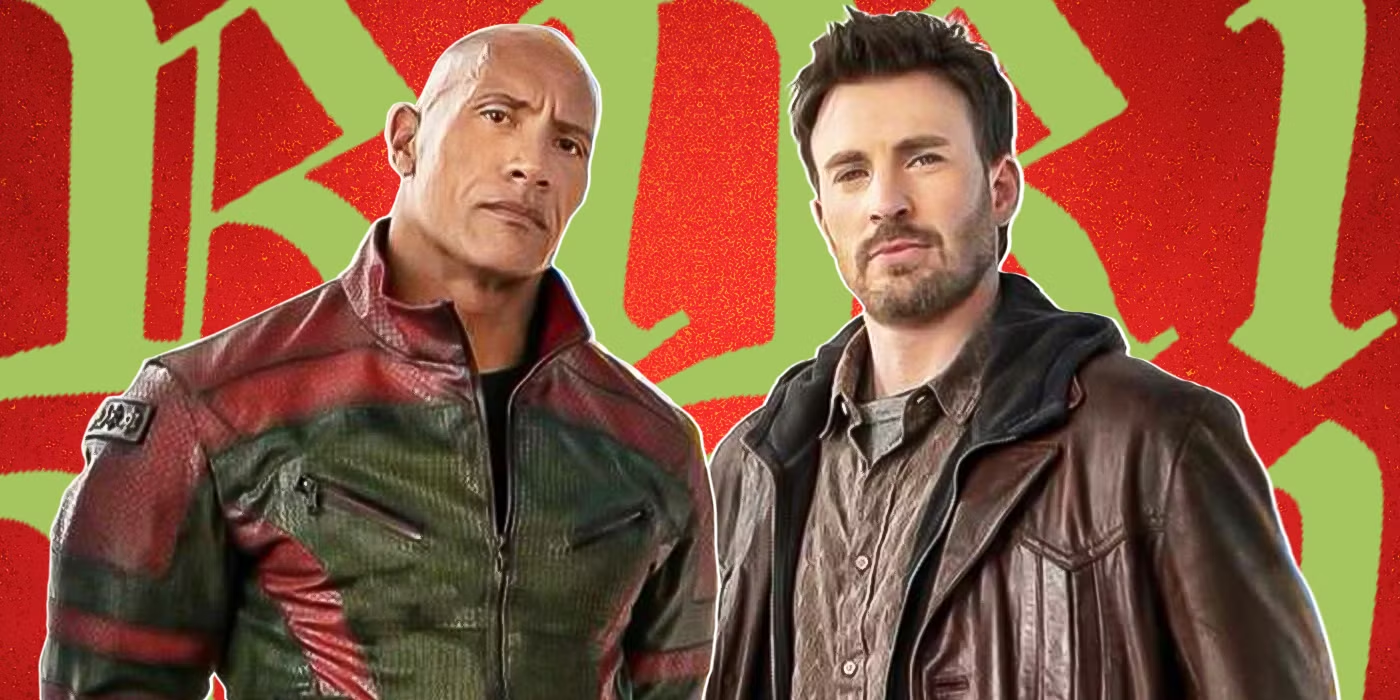When I give a movie like this four stars, it’s somewhat different than the four stars I give a movie I regard as near-perfect but not-for-me (like Halloween 1978) or as really wonderful cinema that deserves respect for its craft (like The Holiday 2006). Four stars for A Christmas Prince is four stars for a movie that set realistic goals and expectations, then met them solidly.
From Roger Ebert, I learned to judge movies mostly by what they hope to accomplish. A Christmas Prince is an uncomplicated transference of the innocent princess fantasy many girls had in the Disney Renaissance. There are touches to A Christmas Prince that suggest homage, even (is the rescue from a wolf in the snowy forest from Beauty and the Beast?).
To help you disconnect your fantasy of becoming a princess from the irl baggage of monarchy, A Christmas Prince occurs in fantasy country Aldovia. It kinda looks like a nice little German castle in the middle of Disneyland’s Fantasyland. The movie asks you, nicely, to surrender yourself to believing this is real enough, but not so real as to get icky. I appreciate it. I would have loved Red White & Royal Blue a lot more if only they had made up fake countries for it. (The USA presidency and English royal family aren’t sexy. I’m sorry.)
Now that we’ve established there’s no relationship with reality, we can enjoy a story about a journalist who accidentally falls in love with the royal family she’s covering. I personally enjoy the kind of romcoms where love unfolds between the protagonists and the whole family (see: My Big Fat Greek Wedding).
Here, our heroine’s entry is fake-tutoring the prince’s adorable younger sister. We also get a respectful relationship built between our heroine and intimidatingly sexy Queen Alice Krige. All these trappings take up enough time that they almost feel more significant than the pleasantly lukewarm exchanges between reporter and prince. The chemistry isn’t exactly burning down the fairytale cottage, but…does it need to?
A cartoonishly villainous couple give us a little bit of potentially high-stakes but low-temperature succession drama, in brief, before getting out of the way of everything going right again. Don’t you love it when everything goes right? Wouldn’t it actually be so nice if you got an opportunity at work that led you to fall into love with a facially symmetric guy who comes packaged with tolerable in-laws and economic security in a picturesque castle?
A Christmas Prince knows that we kinda wanna turn off the world/brain once in a while. A doctor’s office could safely play this on VHS in the lobby on repeat and offend nobody. Don’t we kinda *need* that?
Image credit: Netflix























